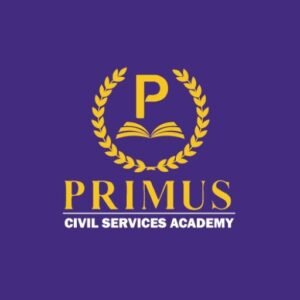UPSC PRELIMS SYLLABUS
The UPSC Prelims is the first step in the Civil Services Exam conducted by the Union Public Service Commission in India. It is used to select candidates for the next stages of the exam. The Prelims has two papers:
General Studies (Paper-I)
CSAT – Civil Services Aptitude Test (Paper-II)
Each paper is worth 200 marks and contains multiple-choice questions.
General Studies includes topics like History, Geography, Indian Polity, Economy, Science & Technology, Environment, and Current Affairs.
CSAT checks your skills in comprehension, logical reasoning, and analytical thinking.
To do well in the Prelims, candidates need to study these subjects carefully, stay updated with current events, solve past question papers, and manage time effectively during the exam.
The syllabus for General Studies consists of:
- Current events of national and international importance.
- History of India and Indian National Movement.
- Indian and World Geography-Physical, Social, Economic Geography of India and the World.
- Indian Polity and Governance – Constitution, Political System, Panchayati Raj, Public Policy, Rights Issues, etc.
- Economic and Social Development – Sustainable Development, Poverty, Inclusion, Demographics, Social Sector initiatives, etc.
- General issues on Environmental Ecology, Biodiversity and Climate Change – that do not require subject specialisation
- General Science
The syllabus for CSAT consists of:
- Comprehension
- Interpersonal skills including communication skills
- Logical reasoning and analytical ability
- Decision-making and problem solving
- General mental ability
- Basic numeracy (numbers and their relations, orders of magnitude, etc.) – Class X level)
- Data interpretation (charts, graphs, tables, data sufficiency etc. – Class X level)
It’s important to understand that the syllabus for the UPSC Civil Services Examination is extensive, and candidates need to have a strong grasp of all the topics mentioned earlier. Along with covering the syllabus, they should also focus on building critical thinking and analytical skills to succeed in the exam.


